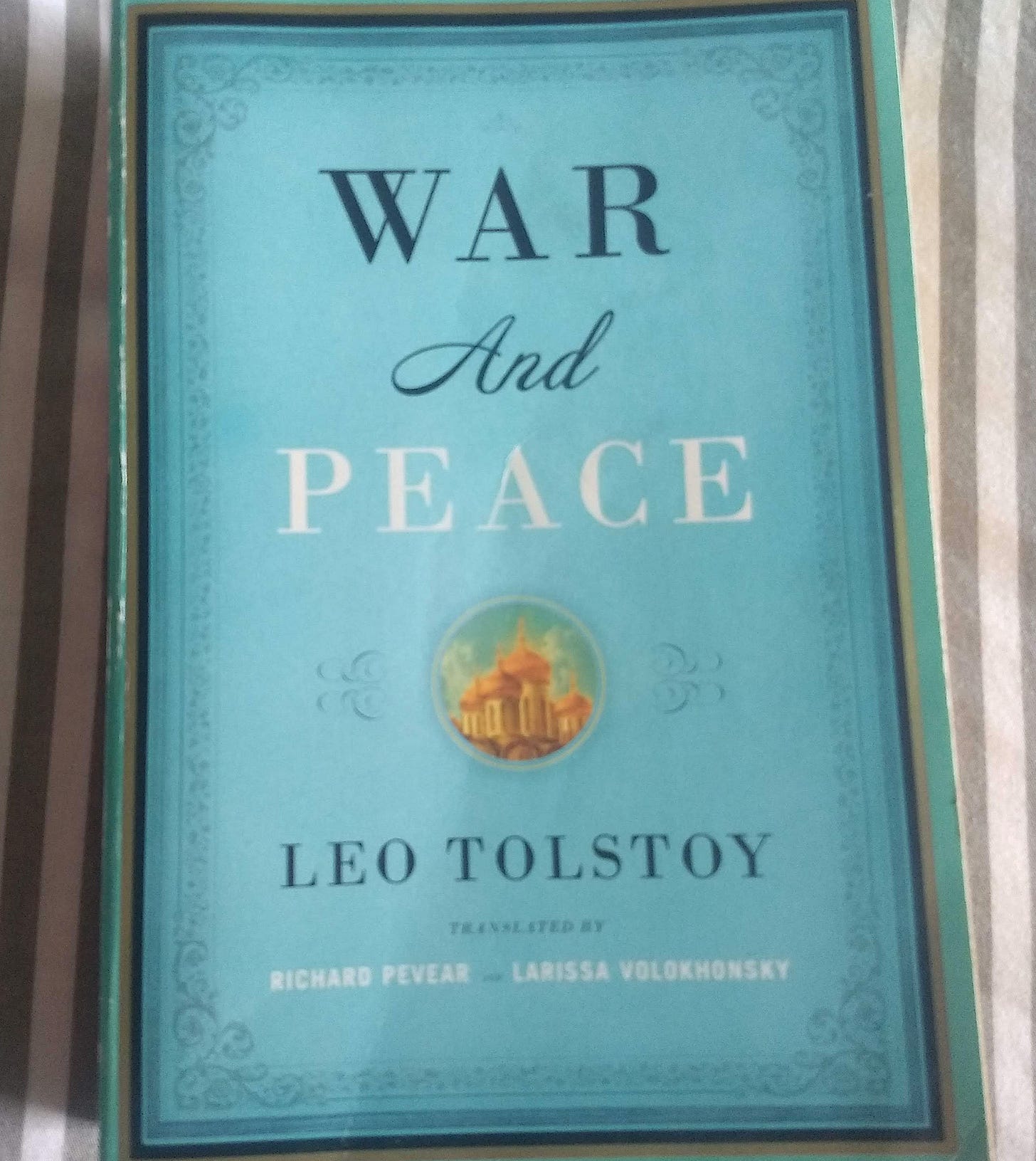The Grasshopper Sunday Edition, Writing Endings
My first novel ended abruptly and I’m still wondering

A quick note: a commenter was disturbed by my jumping around between subjects in my last Sunday Edition. The Sunday pieces are intentionally more of an idea dump, with the Wednesday ones being more formalized around a topic. Sometimes I just feel like jumping around!
So many topics to write about! The writer's life has so many facets, because it reflects life itself and is a form of world-making, a complex thing to take on. And then, at some point, it has to have an ending, a resolution. But knowing when that will happen or should happen is an odd thing, both in fiction and non-fiction.
I remember the moment in my first long story when I realized I had written the end. It just seemed like a logical place to stop. The main indicator was that if I kept on I’d be starting another story with the same characters. Nothing wrong with that, but that would be another book.
In my political and current events writing, which generally runs in pieces from 500-1000 words, the ending takes place when the article has completed a thought or idea. For example, I might start with a theory constructed out of the news, follow with an argument to prove my theory and then wrap up with a statement suggesting action or summing up the central point.
Continuing after that would weaken the piece. Those types of articles are intended to be succinct and thought-provoking, so they can be inhaled by readers.
There are self-proclaimed experts that will tell you that people reading online do not read longer pieces or even long sentences, even if they are well-constructed. I am not of this school of thought. Some subjects require more substance. And, in a world like Medium, where you are paid by read time, writing longer stuff may seem like the road to a bigger check.
The problem with that thinking is that it can mean padding the story to get the word count up, which rarely improves the reader’s experience. They can sense when an ending point has been reached and anything after that is a distraction.
Getting endings right is a clear sign of an accomplished author. They go into writing a piece seeking a balance between the beginning and the end, although in my experience this may not be on a conscious level. I have to admit that I have a bit of a gimmick I use when writing some of my political content on Medium.
I end with a sentence that is some version of : Stop for a second and think about this.
It’s an invitation to pause and consider the idea I’m writing about. On Medium people can highlight your stories and the algorithm sometimes sends you an email with those highlights. I don’t mind this most of the time because it gives me insight into what is resonating, except when you get those readers who highlight everything.
That makes me a little nuts.
But my ending gimmicks get highlighted a lot, so…
"I try to avoid stories that end with...and he was never seen again."
Ken Poirot
War and Peace helped me get through the pandemic
Books really are remarkable things. They are time machines, psychologists, and windows into the writers’ imaginations. Tolstoy’s massive tale of Russia during the Napoleonic war is all of those things. I read an old translation when I was in my teens, but when I went back to that one I found it hard to read.
So, I did some homework and found a newer translation that was very well reviewed, bought it, and started reading it very slowly, typically before going to sleep. I actually stretched it out over an entire year because the writing is so remarkable that I could only absorb it in brief chunks.
I’d read one scene and then ask myself how he did what he did with it. It was a reeducation in fiction writing with a master. I give a lot of credit to the translators, Richard Pevear and Larissa Volokhonsky, who really brought the words to life in English.
I’ll be tackling their Anna Karenina this winter.
But there is an odd thing about War and Peace’s ending. Tolstoy masterfully builds up to his climax, wrapping up loose ends and coming to a head. But then he does a weird thing. He puts a long essay at the end justifying something or other. To be honest, I could not read a lecture after the power of the story that preceded it.
Even Leo Tolstoy seems to have struggled to end his masterpiece, tacking on something not needed. If I was his editor I’d have tried to talk him into cutting it.
Rereading
I’m big on rereading books that intrigue me, even though I know what will happen and how they will end. There are books on my shelves that I have read six or seven times. I think this rereading is an essential part of learning to write, particularly with fiction, which is what I reread.
Rereading your own work is a part of editing, though you have to be careful to not get compulsive about ‘fixing’ things. Trying to be perfect is a formula for lifeless writing. Sometimes deciding that you’ve reached an end is a way to make yourself let it go on its own out into the world.
“Stick a fork into it, it’s done”
Lou Reed
906 words
In the last month I have seen a lot of new subscribers signing up for The Grasshopper, which is amazing. If anyone has any questions or requests, leave them in the Comments section and I’ll try to be helpful.
ME
If this was useful, you can buy me a coffee!

